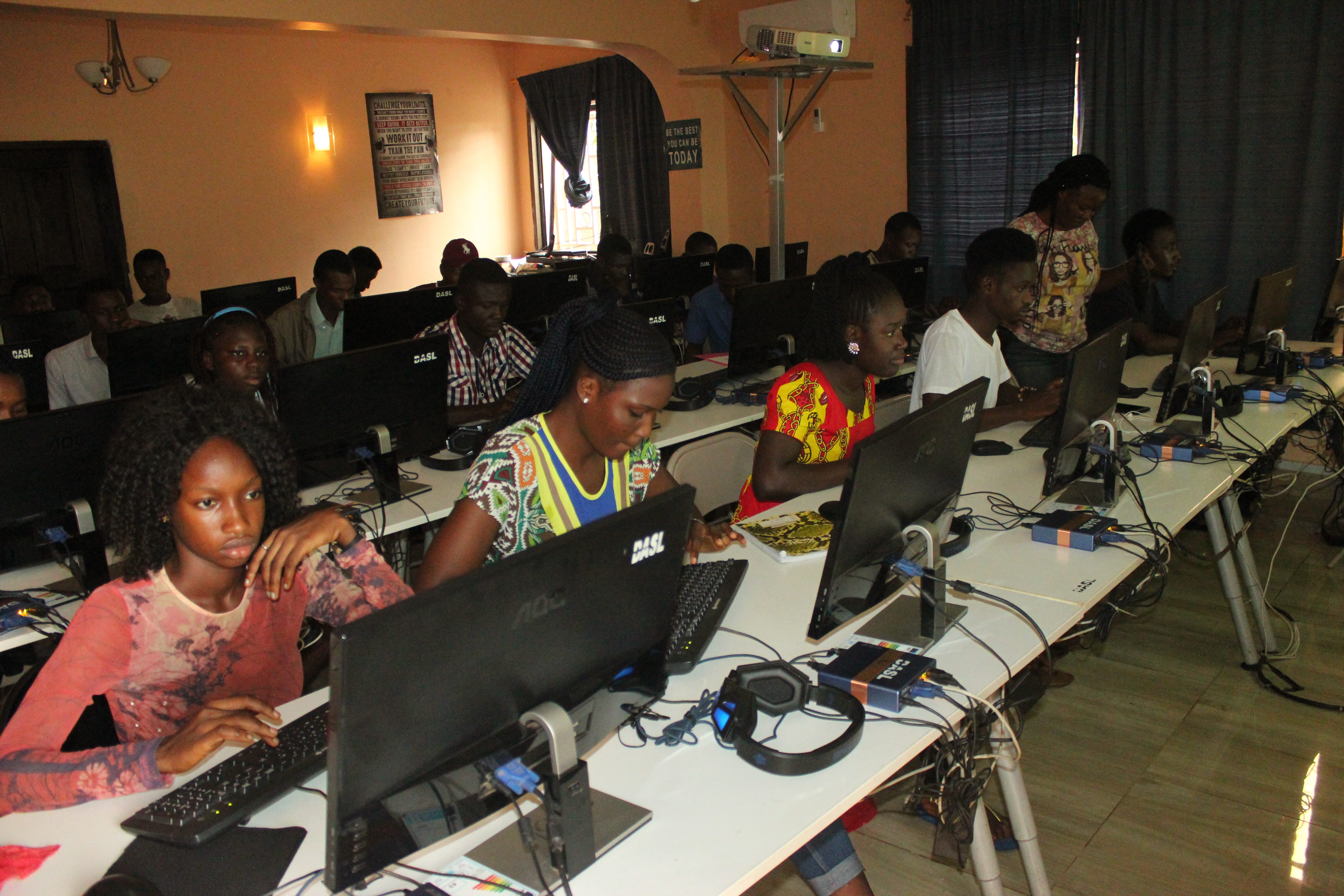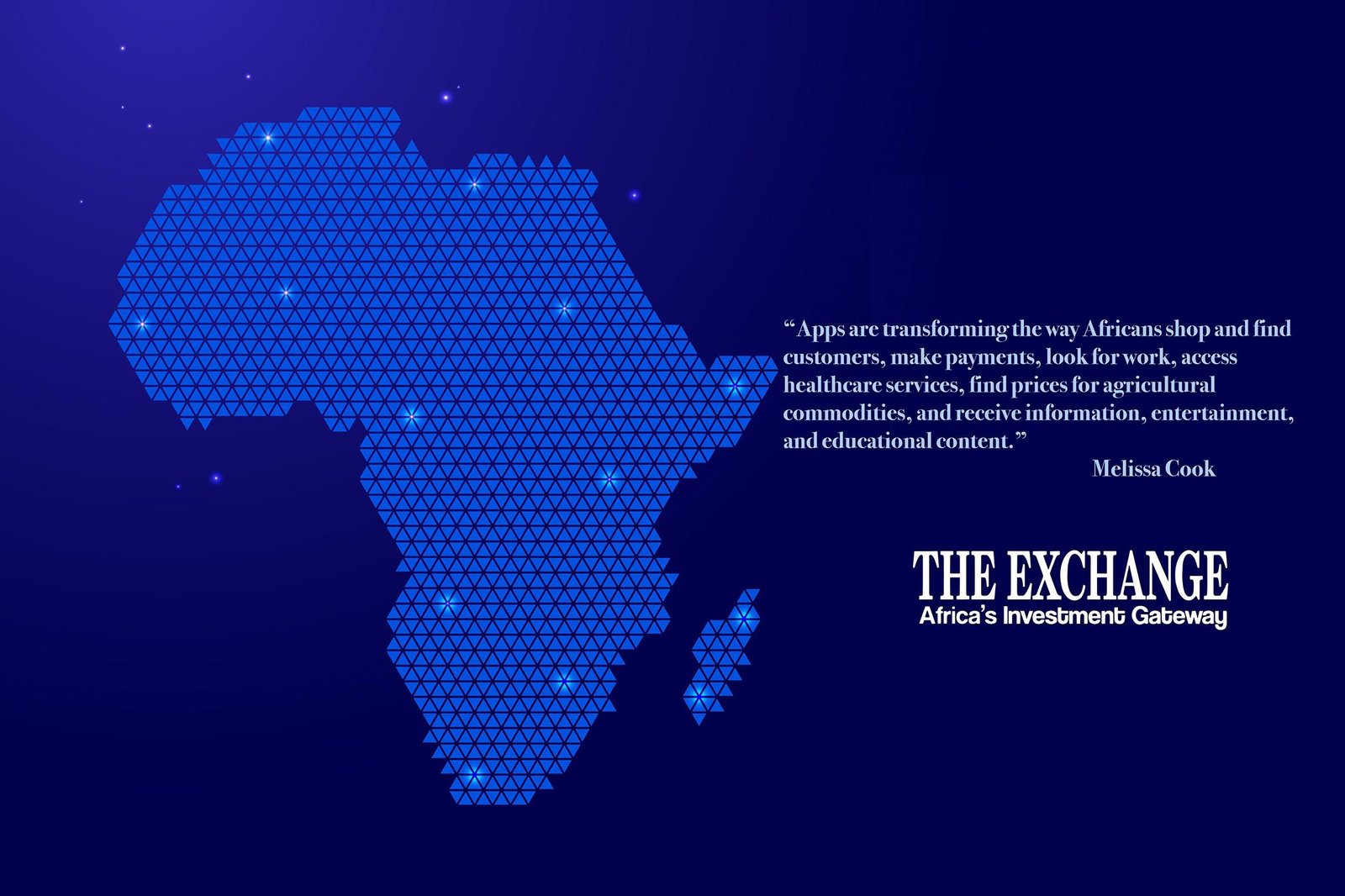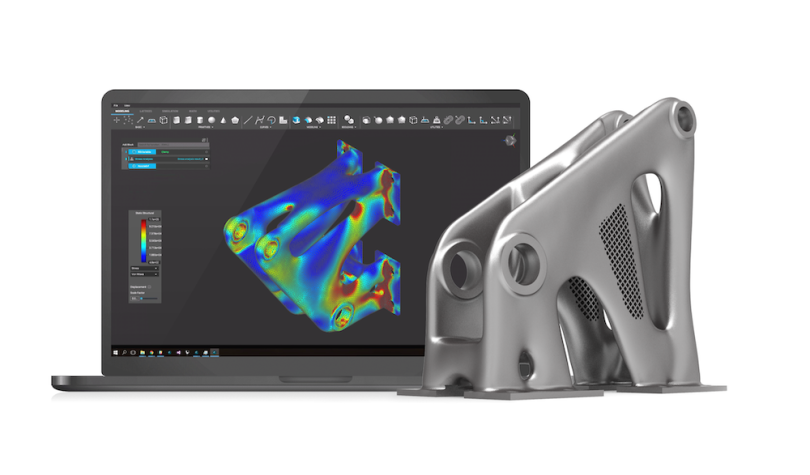Edutech Revolution: Reimagining Education In Africa With Technology

Executive Summary

Education in Africa is undergoing a transformative shift, driven by the rapid adoption of educational technology (edutech). This article explores the multifaceted impact of edutech in revolutionizing the continent’s educational landscape, addressing critical challenges and unlocking unprecedented opportunities for learners.

Introduction
The traditional education system in Africa has long faced numerous challenges, including limited access to quality education, inadequate infrastructure, and insufficient teacher training. Edtech offers a powerful solution to these issues by providing innovative and accessible learning solutions.
FAQs
What is edutech?
Edutech encompasses a wide range of technology-based tools and applications used to enhance teaching and learning experiences. This includes online learning platforms, educational software, interactive simulations, and mobile learning apps.
How does edutech benefit learners?
- Personalized learning: Edtech enables learners to tailor their learning experiences to their individual needs and learning styles.
- Improved access: Edtech platforms provide accessible and affordable educational opportunities for learners in remote areas and underserved communities.
- Enhanced engagement: Interactive and immersive technologies make learning more engaging and interactive for students.
Top 5 Subtopics of Edutech in Africa
Online Learning Platforms
- Massive Open Online Courses (MOOCs): Offer free or low-cost access to university-level education from leading institutions worldwide.
- Virtual classrooms: Provide real-time virtual learning environments for classes and group discussions.
- Adaptive learning platforms: Use algorithms to adjust learning content to the student’s pace and progress.
Educational Software
- Interactive simulations: Provide hands-on experiences in science, engineering, and other practical subjects.
- Educational games: Make learning fun and engaging while developing cognitive skills.
- Authoring tools: Allow teachers to create and share interactive learning materials.
Mobile Learning
- Mobile apps: Provide access to educational content, assessments, and learning games on smartphones and tablets.
- Educational apps: Offer tailored learning experiences for specific subjects and skill development.
- Offline access: Enables learning even in areas with limited internet connectivity.
Teacher Training
- Online teacher training: Offers professional development opportunities for teachers in remote areas or with limited access to traditional training.
- Edtech integration training: Equips teachers with skills to integrate technology into their classrooms effectively.
- Collaborative platforms: Facilitate sharing of best practices and resources among teachers.
Digital Infrastructure
- Broadband connectivity: Provides high-speed internet access to schools and communities, enabling access to edutech resources.
- Device access: Distribution of laptops, tablets, or mobile devices for learners provides equitable access to technology.
- Digital literacy training: Develops skills in using and troubleshooting digital devices and online platforms.
Conclusion
The edutech revolution in Africa is transforming education by tackling long-standing challenges and creating unprecedented opportunities for learners. By embracing innovative technologies, African nations can empower their citizens with the knowledge and skills they need to thrive in the 21st-century global economy. As edutech continues to evolve, it will play an increasingly vital role in shaping the future of education in Africa.
Keyword Tags
- Edtech in Africa
- Educational Technology
- Online Learning Platforms
- Mobile Learning
- Digital Infrastructure






